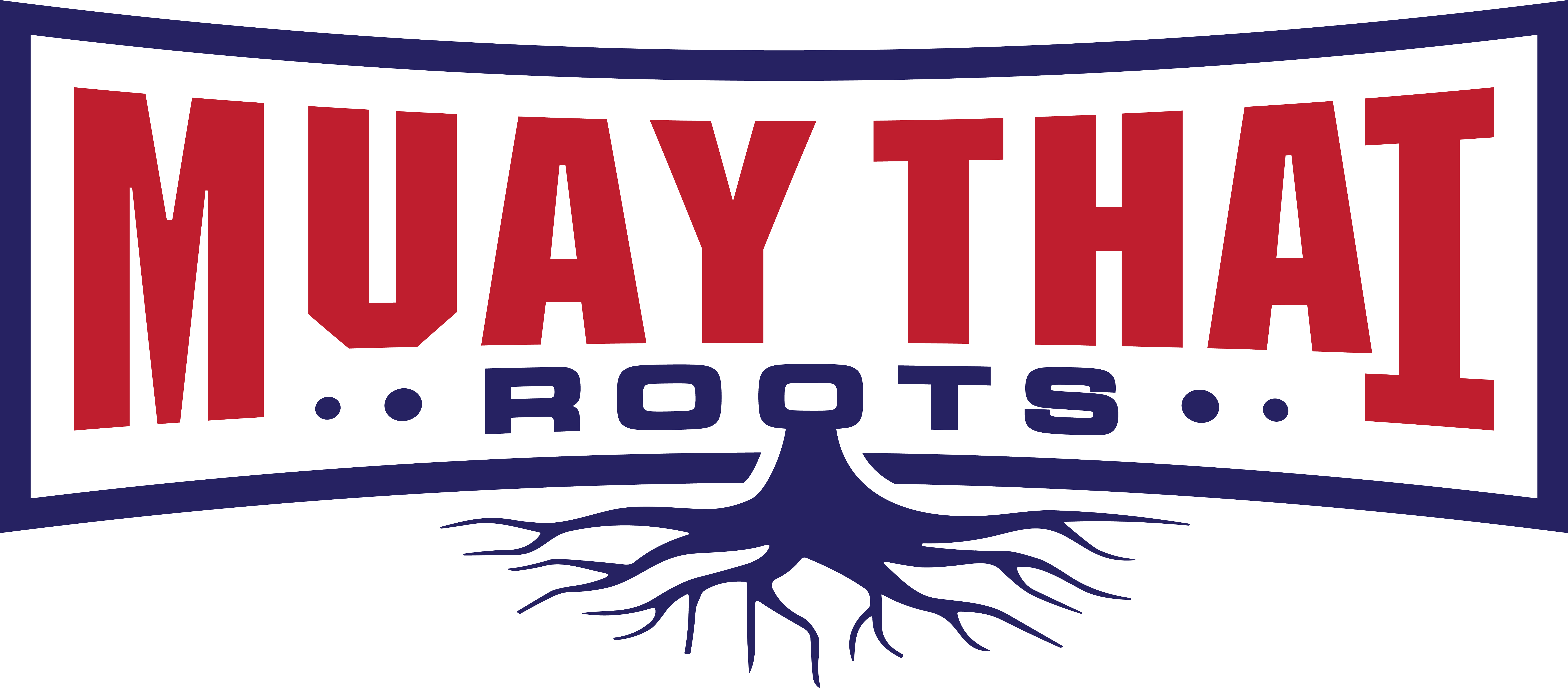Every nak muay hits that moment.
You’re training hard, showing up to class, drilling your combos, sparring regularly—and then suddenly, it feels like nothing’s improving. No faster kicks. No sharper hands. No new skills sticking.
Welcome to the plateau.
It happens to beginners. It happens to fighters. It even happens to pros. The good news? It’s a signal—not a dead end. Your body and brain are ready for a shift, and how you respond will determine whether you stay stuck—or level up.
Let’s break down how plateaus show up, why they happen, and most importantly, how to crush them like a well-timed elbow.
First: What Is a Muay Thai Plateau?
A plateau in Muay Thai is when your physical performance or technical improvement stalls—despite consistent training.
It can look like:
-
Strikes no longer feeling faster or stronger
-
Repeating the same combos without progression
-
Sparring rounds that feel identical week after week
-
Missing the same shots, failing the same defenses
-
Feeling mentally bored, unmotivated, or even burnt out
If that sounds familiar, you’re not broken. You’re just ready for the next challenge.
1. Change the Way You Train
Most plateaus come from repetition without intelligent variation.
Instead of adding random drills or more rounds, change how you approach your training.
Try:
-
Shorter, high-intensity rounds instead of long, slow ones
-
Southpaw stance only for a full session
-
One-weapon focus rounds (e.g., only jab + teep, or only low kicks)
-
Defense-only sparring—no offense allowed
-
Shadowboxing with eyes closed for balance and feel
These aren’t gimmicks—they’re ways to challenge your nervous system, your balance, and your thinking. That’s how you force new adaptation.
2. Film Yourself—and Actually Watch It
You know what feels fast? A lazy roundhouse kick when you’re tired.
You know what feels crisp? A jab that bounces off a pad, but lands nowhere in sparring.
When you film yourself, reality comes into view. And that reality can unlock your next breakthrough.
Film:
-
Bag rounds
-
Pad rounds
-
Sparring (especially the rounds where you feel “off”)
-
Clinch work
Then watch it with a critical eye or review it with your coach. You’ll spot:
-
Lazy footwork
-
Dropped hands
-
Missed counters
-
Poor distance management
And that awareness? That’s your map out of the plateau.
3. Add Purpose to Every Round
Are you shadowboxing to warm up—or to sharpen footwork while throwing off-angle elbows?
Are you hitting the bag to sweat—or to master your teep fake to rear kick setup?
When you plateau, vague training doesn’t cut it anymore. You need intent.
Try this:
Before every round, set a single goal:
-
“This round, I’ll work my left hook after every combo.”
-
“I’ll only exit right after each kick.”
-
“Every jab must come with a head movement.”
Suddenly, you’re not just training—you’re improving.
4. Try a Different Class, Coach, or Training Partner
Sometimes the problem isn’t effort—it's the environment.
If you’re always working with the same coach, the same sparring partners, or the same drills… your brain stops adapting. The solution? Shake up your inputs.
Options:
-
Drop in at another gym for a day
-
Train with someone at a higher or lower level than you
-
Book a private session with a coach you haven’t worked with
-
Try a Dutch-style combo class if you’ve only done Thai
-
Train with MMA guys to improve your clinch defensively
One new voice or training partner can unlock skills you didn’t know you were missing.

5. Focus on One Skill You’ve Been Avoiding
Let’s be honest—most of us have a “that thing.”
-
Maybe it's my knees.
-
Maybe it’s checking kicks.
-
Maybe it's a southpaw stance or clinch entries.
-
Maybe it’s cardio…
Whatever it is, lean into it for a few weeks. Make it the core of your training.
When you go all-in on a neglected skill:
-
You start improving again
-
You build confidence
-
You reignite your curiosity
And often, you’ll see everything else improve as a result.
6. Take One Step Back to Go Two Forward
Sometimes, the key to progress is regression.
Example: If your kicks aren’t getting faster, don’t just keep kicking harder—go back to slow-motion reps, isolate your hip rotation, and rebuild the mechanics.
Refining your basics is never a waste. Champions revisit them constantly. That step backward often unlocks techniques you didn't know were missing.
7. Prioritize Rest, Recovery, and Nutrition
Here’s the truth no one wants to hear:
Sometimes your plateau isn’t about training—it’s about under-recovery.
You might be:
-
Sleeping 5 hours a night
-
Living on caffeine and protein bars
-
Training hard 6 days a week with no deload
-
Carrying too much stress outside the gym
Plateaus love to hide in fatigue. If you’ve been grinding nonstop, take 3–5 days of light movement only. Focus on sleep, stretching, food, and hydration.
You’ll come back sharper, faster, and actually motivated again.
8. Test Yourself
Nothing reveals your growth—or lack of it—like pressure.
Try:
-
Signing up for a smoker
-
Doing a timed sparring round with specific rules (e.g., score only with knees)
-
Trying your first BJJ or MMA class to shock your system
-
Filming a “before and after” pad round—compare it 30 days later
-
Challenging a teammate to a round with limited weapons
Tests expose weaknesses—but also prove progress. And when you pass one, it reminds you why you’re doing this in the first place.
Final Thoughts: Progress Isn’t Linear—and That’s the Point
If you feel stuck, good. That means you’ve grown past your current level.
Plateaus are frustrating—but they’re also opportunities in disguise.
They challenge you to:
-
Train smarter
-
Explore new approaches
-
Get uncomfortable
-
Rebuild with more precision
And when you break through? That next level feels earned.
Want the Gear to Match Your New Level?
When you’re ready to push through, your gear should keep up. From bag gloves that last longer to shorts that let you move like a killer, MuayThaiRoots.com has everything you need to train better—not just harder.
Shop Progress-Ready Muay Thai Gear Now





